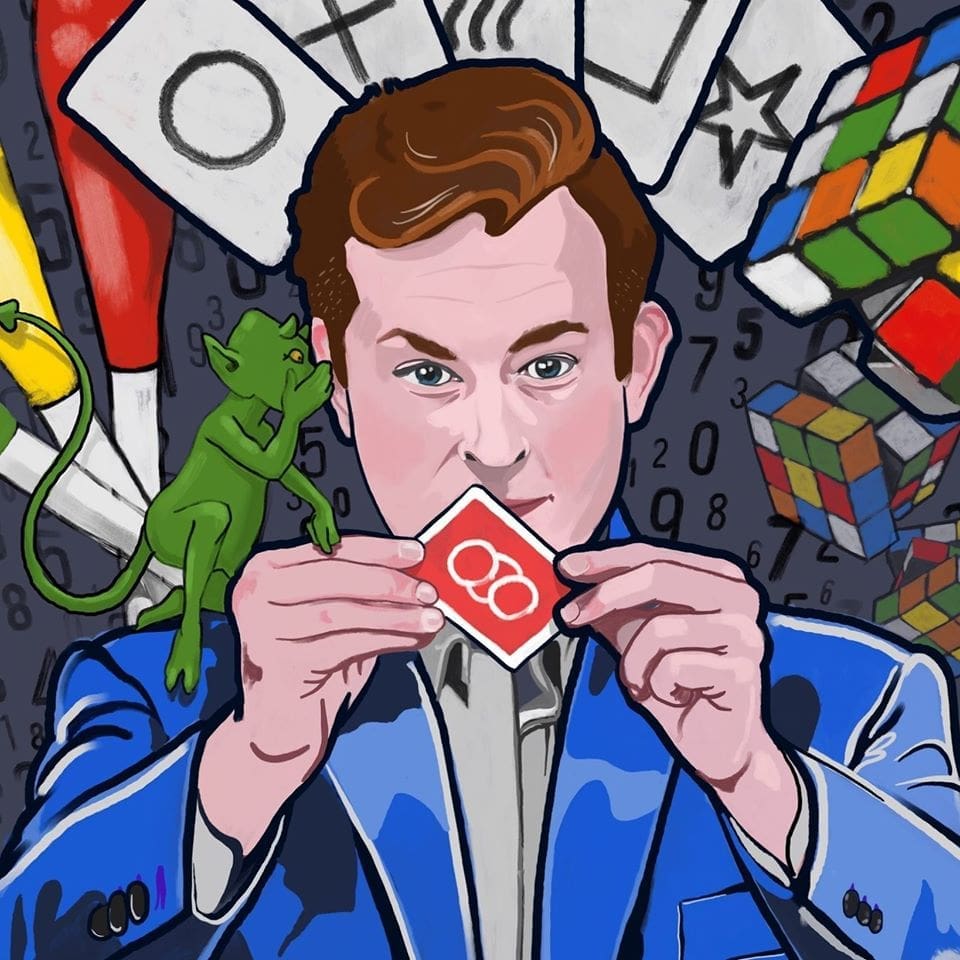Cognitive Bias in Business
The Many Ways Thinking Can Go Wrong Our brains are incredible creations. They run on about as much energy as the lightbulb in your fridge, yet it's responsible for making sense out of millions of details all day, every day. Things go well so often that it can be difficult to remember how wrong your […]
READ MOREBackfire Effect
"Let me never fall into the vulgar mistake of dreaming that I am persecuted whenever I am contradicted." —Ralph Waldo Emerson What kind of an election is it when, every time a candidate is caught in an obnoxious lie, he gains votes rather than losing them? — Richard Dawkins (@RichardDawkins) October 2, 2016 In an ideal […]
READ MOREOne Event, Two Outcomes
In high school & college I was a competitive debater. I wasn't naturally well-spoken and quick on my feet. I think almost entirely in pictures, so it was difficult for me to translate those images into coherent ideas that are easy to understand in words. With that background, I absolutely love watching live debates; especially […]
READ MORE







